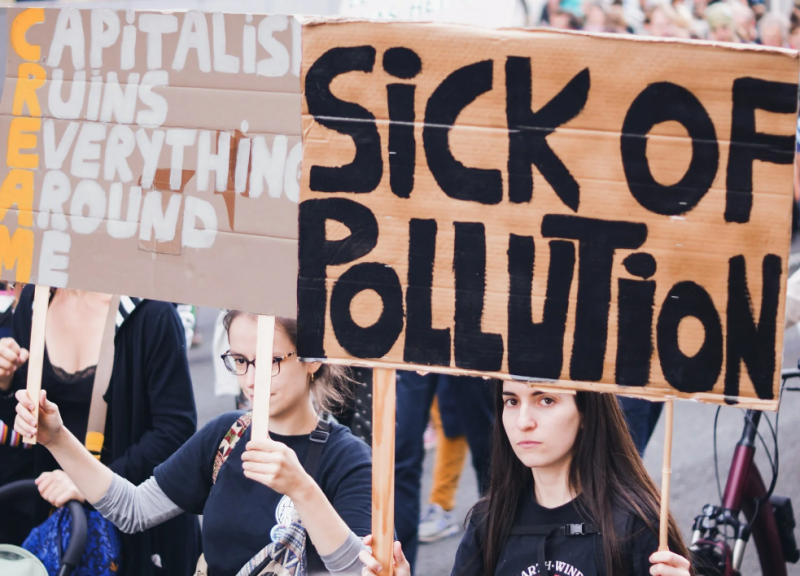
Jake Johnson
September 5, 2023
"The accumulation of extreme wealth by the world's richest individuals has become an economic, ecological, and human rights disaster."
Hundreds of economists, wealthy individuals, and elected officials from around the world called on the leaders of G20 nations to help tackle runaway inequality by collectively raising taxes on the global rich, who saw their fortunes explode during the deadly coronavirus pandemic.
In an open letter to G20 leaders as they prepared to convene in New Delhi, India this weekend for their annual summit, U.S. Sen Bernie Sanders (I-Vt) joined economist Jayati Ghosh, Patriotic Millionaires chair Morris Pearl, philanthropist Abigail Disney, and more than 300 others in declaring that "we cannot allow extreme wealth to continue corroding our collective future."
"Decades of falling taxes on the richest, based on the false promise that the wealth at the top would somehow benefit us all, has contributed to the rise in extreme inequality," the Tuesday letter states. "Our political choices allow ultra-wealthy individuals to continue to use tax shelters and enjoy preferential treatment to the extent that, in most countries in the world, they pay lower tax rates than ordinary people."
"At the same time, the world has seldom had more need for the richest to pay," the letter continues, noting that global extreme poverty rose in 2020 for the first time in more than two decades as Covid-19 threw the world into economic chaos.
That same year, billionaire wealth surged to a new high. Between March 2020 and November 2022, global billionaires collectively added $1.5 trillion to their fortunes, capturing nearly two-thirds of all new wealth.
Meanwhile, according to a recent United Nations report, around 165 million people were thrown into poverty during the pandemic.
"The growing gap between rich and poor has destabilized the global economy, exacerbated the rise of extremist politics, and frayed the very fabric of our social order," said Pearl, the former managing director of the investment giant BlackRock. "As an ultra-wealthy person, representing an organization of like-minded wealthy people, I am asking the G20 to tax us."
Pearl warned that if G20 nations don't "tax extreme wealth, the results will be a perpetually weakened global economy, the decline of democratic institutions, and worsening social unrest. The G20 must act."
The new open letter argues that a coordinated G20 agreement imposing wealth taxes on ultra-rich individuals "would shrink dangerous levels of inequality while also allowing leaders to raise vital funds to tackle the multiple challenges facing our world."
"This will not be easy, but it will be worth it," the letter reads. "Much work has already been done. There is an abundance of policy proposals on wealth taxation from some of the world's leading economists. The public wants it. We want it. Now all that's missing is the political will to deliver it. It's time for you to find it."
Oxfam International estimates the average tax rate on the wealthiest individuals in rich countries has fallen from 58% to 42% since 1980, accelerating the rise of economic inequality. Over just the past decade, the combined wealth of global billionaires has more than doubled, growing from $5.6 trillion to nearly $12 trillion.
Billionaires' accumulation of vast wealth is also destructive to the planet. An Oxfam report released last year estimated that a billionaire is responsible for a million times more planet-warming greenhouse gas pollution than the average person.
"The accumulation of extreme wealth by the world's richest individuals has become an economic, ecological, and human rights disaster, threatening political stability in countries all over the world," the open letter reads. "Such steep levels of inequality undermine the strength of virtually every one of our global systems, and must be addressed head-on."
PHOTO ATTRIBUTE
[1] https://unsplash.com/@paulinel

